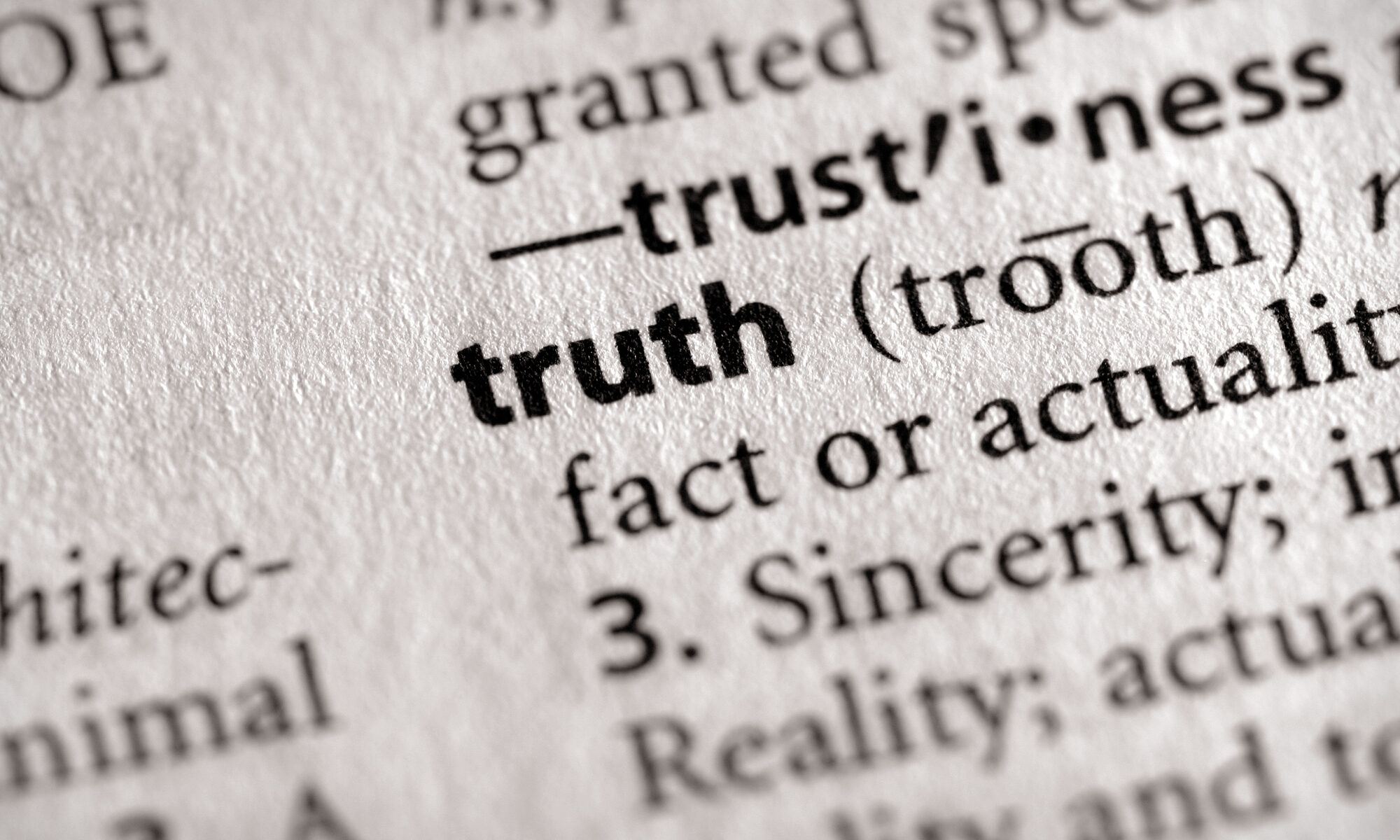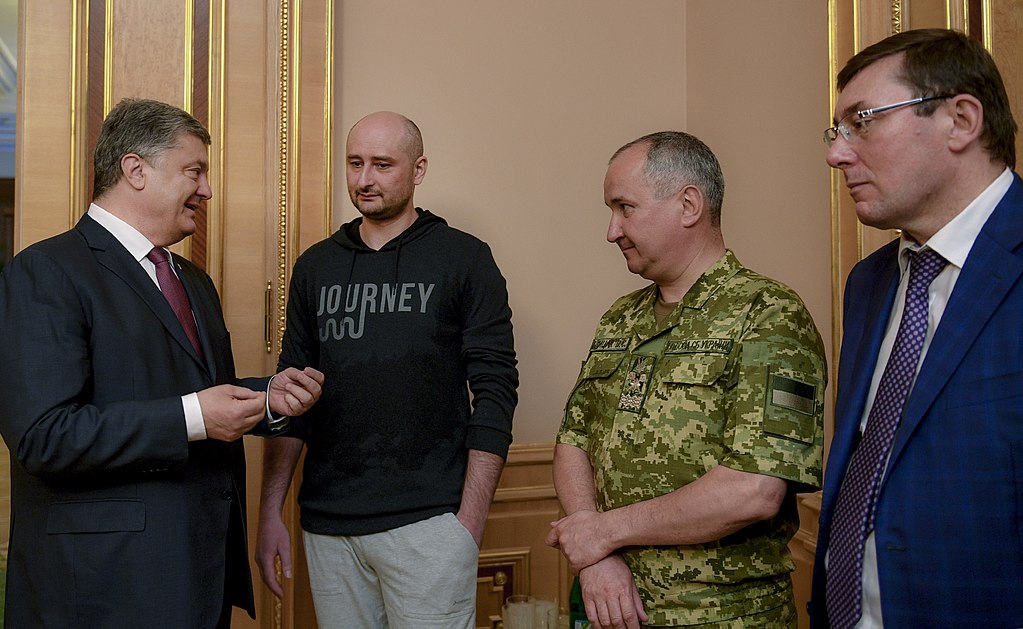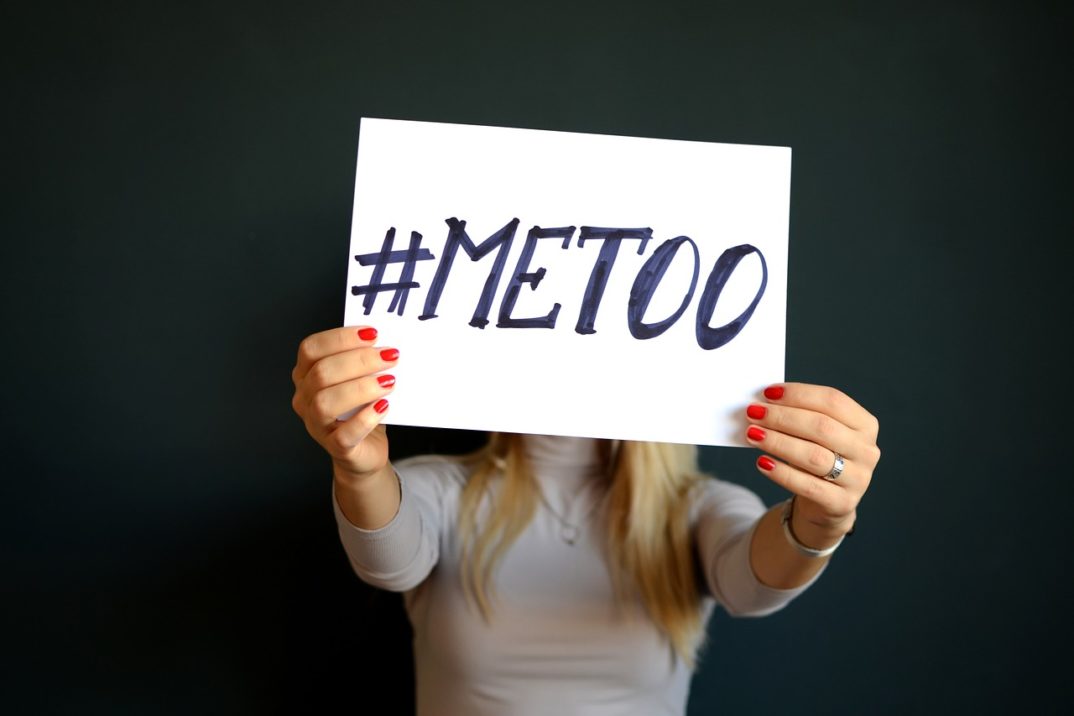According to Google Trends, the concepts of “your truth” and “speaking your truth” began a noticeable increase around the mid-2010s, likely as a response to the MeToo movement. At the time, the concept of speaking a personal truth was met with controversy. Just a few months ago actress Cate Blanchett ridiculed the concept, and now with the discussion of Prince Harry’s various “personal truths” it seems it’s made its way back in the news again. But surely if the pandemic has taught us anything, it’s that facts do matter and misinformation is a growing problem. Can we finally put an end to a concept that might be more harmful than helpful?
Before we consider the problems with the concept of personal truth and the idea of speaking one’s own truth, we should consider the uses and insights such a concept does provide. It isn’t a surprise that the concept of personal truth took on a new prominence in the wake of MeToo. The concept of personal truth emerged in response to a problem where women were not believed or taken seriously in their reports of sexual harassment and sexual assault, prompting a call for the public to “believe women.” It can be powerful to affirm “your” truth in the face of a skeptical world that refuses to take seriously your account as representing “the” truth. As Garance Franke-Ruta explains, “sometimes you know something is real and happened and is wrong, even if the world says it’s just the way things are.”
Oprah helped popularize the concept when she used it during the Golden Globes ceremony and her example can demonstrate another important aspect of the concept. Oprah had a difficult childhood, living in poverty and being abused by her family, and the notion that she was “destined for greatness” was considered to be “her” truth. Many feel a connection to such “personal truths” as they allow people who are rarely heard to tell their story and connect their individual experiences to systematic issues.
In philosophy, standpoint theory holds that an individual’s perspectives are shaped by their social experiences and that marginalized people have a unique perspective in light of their particular experiences of power relations.
Sandra Harding’s concept of “strong objectivity” holds that by focusing on the perspectives of those who are marginalized from knowledge production, we can produce more objective knowledge. Thus, by focusing on what many might very well call “their truths” (in other words what they claim to be true in contrast to those who are not marginalized) we might achieve greater objectivity.
On the other hand, even if we recognize the value of such experiential accounts and even if we recognize that there is a problem when people who are abused aren’t believed, it still doesn’t mean that there is any such thing as personal or subjective truth. There seems to be a growing attitude that people are entitled to believe whatever they want individually. But “personal truth” is a contradiction in terms. To understand why we can look to John Dewey’s “The Problem of Truth” which investigates truth not only as a logical concept but as a social one as well.
Truth is supposed to be authoritative. If I tell you something is my opinion, nothing follows from that. If, on the other hand, I state that my opinion is true, then the claim takes on an authority that forces others to evaluate for themselves whether they believe it is true or false. As Dewey explains, “The opposite of truth is not error, but lying, the willful misleading of others.” To represent things as they are
is to represent them in ways that maintain a common understanding; to misrepresent them is to injure—whether wilfully or no—the conditions of common understanding …understanding is a social necessity because it is a prerequisite of all community of action.
Dewey’s point is that truth developed as a social concept that became necessary for social groups to function. This is important because truth and accountability go hand in hand. When we represent something as the truth, we are making a public statement. To say that something is true means that the claim we are making can be assessed by anyone who might investigate it (with enough training and resources) – it means others can reproduce one’s results and corroborate one’s findings. Something held merely in private, on the other hand, has no truth value. As Dewey explains,
So far as a person’s way of feeling, observing and imagining and stating are not connected with social consequences, so far as they have no more to do with truth and falsity than his dreams and reveries. A man’s private affairs are his private affairs, and that is all there is to be said of them. Being nobody else’s business, it is absurd to regard them as either true or false.
While figuratively it can be beneficial to talk about personal truths, ethically it is far more problematic. While many may (rightfully) criticize cultural relativism, at least with cultural relativism, you still have public accountability because culture is the benchmark for truth. In the end, “truth” requires verification. We do not get to claim that something is true until it has survived empirical testing from an ever-growing community of fellow knowers. To claim that something is “true” prior to this, based on individual experience alone, is to take something that rightly belongs to the community. It negates the possibility of delusion or poor interpretation since no one gets to question it. Thus, asserting something to be true on one’s own account is anti-social.
If truth is meant to be publicly accessible and if you are expected to be accountable for things you claim to be true in light of this, then the concept of personal or private truth negates this. If something is true, then it is in light of evidence that extends beyond yourself. Thus, if something is true then there is nothing “personal” about it, and if it is merely personal, it can’t be “true.” Figurative language is nice, but people growing up today hearing about “personal” truths in the media are becoming increasingly confused about the nature of truth, evidence, and reasoning.
As we collectively grapple with growing problems like misinformation, polarization, and conspiracy theories, it is hypocritical to both condemn these things while simultaneously encouraging people to embrace their own personal truths. This notion erases the difference between what is true and what is delusional, and fails to recognize “truth” as a properly social and scientific value. It’s high time we let this concept die.






